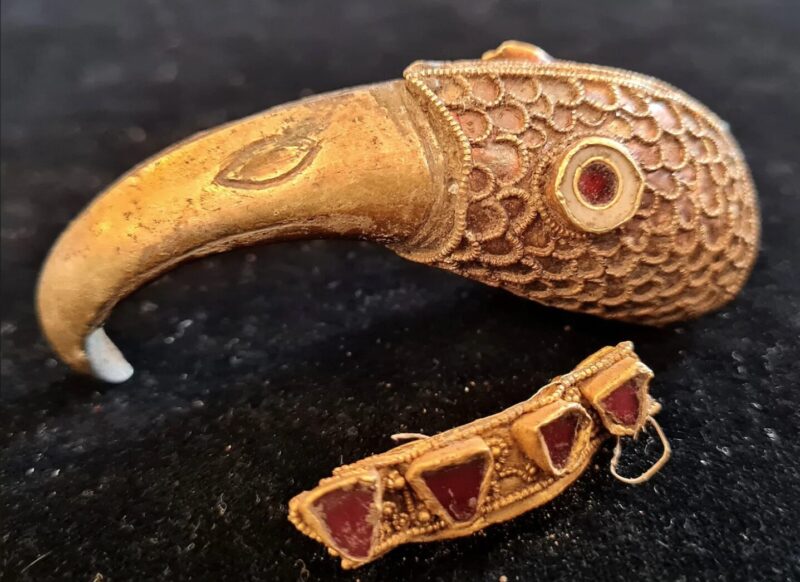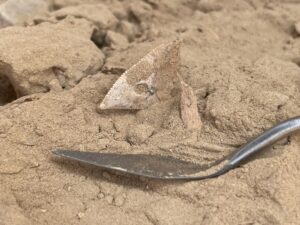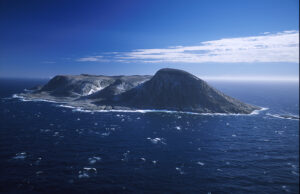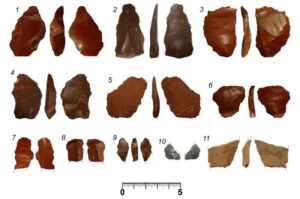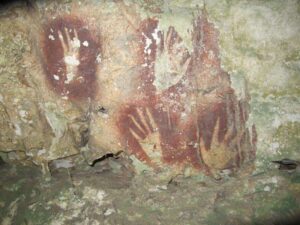Earlier this year, two amateur metal detectorists unearthed a pair of striking 1,400-year-old artifacts in Wiltshire, England. The gold-and-garnet raven’s head and a gold ring with triangular garnet detailing date back to the Anglo-Saxon era.
Paul Gould and Chris Phillips made the discovery on January 8, during a metal detecting rally organized by the 9th Region Metal Detecting Group. Gould found the flattened gold and garnet ring. Shortly after, Phillips uncovered the intricately decorated raven’s head. Experts believe the raven’s head, which weighs 57 grams, was likely part of a larger object, possibly a drinking horn.
“This is the find of a lifetime…It’s unbelievable — I’m a bit emotional,” Phillips said in a YouTube video.
In early Europe, ravens were often associated with death. In German and Norse mythology, they were linked with Odin, the Norse god of war. Whether this artifact represented these themes is unclear. The use of garnet and gold was not uncommon during this era. It accurately reflects the level of craftsmanship and techniques from other notable finds, such as those of the Anglo-Saxon burial ship site at Sutton Hoo.
Following the correct procedure, Gould and Phillips properly reported the objects to the local finds liaison officer. Both items are now being cleaned and studied by experts at the British Museum.
Speaking to Live Science, Phillips said, “The finds will go through the treasure process now, which will take a while.” Anything with precious metals that is over 300 years old qualifies as a piece of treasure under the UK Treasure Act. The discovery of two objects so close together suggests the area may yield further treasures from the past.
